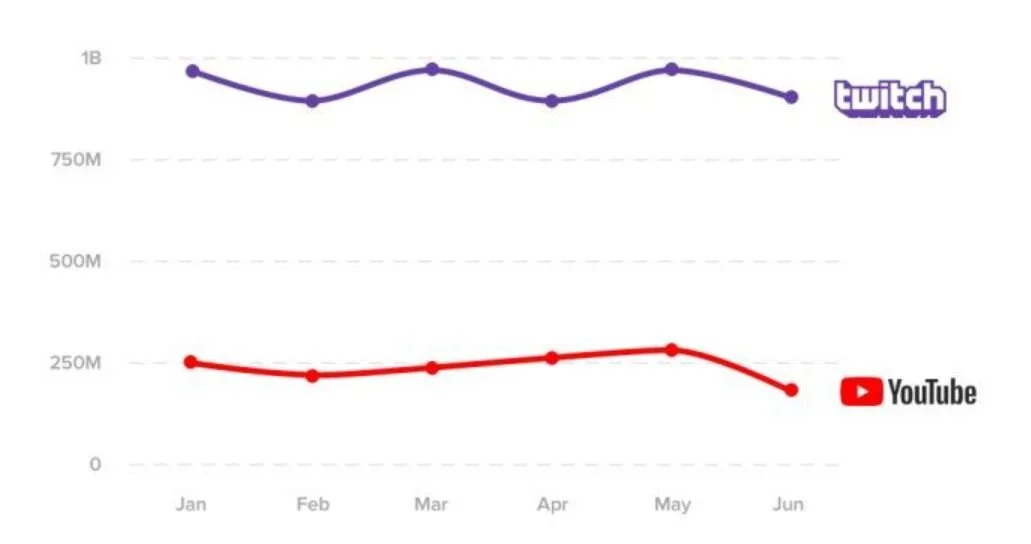This article will look at three companies, an established ‘big fish’ company, a late entrant to the market, and a ‘blue ocean’ company. Blue Ocean refers to the idea that a new marketplace with untapped potential can exist between two common marketplaces and one can create their own supply and demand. The companies this article will look at are; Twitch.tv, Mixer.tv, and Voxpop Games.
Technologies to Deepen and Grow Board Engagement
As arts organizations grapple with how to keep board members active and engaged, computer software and online technologies provide affordable means to address common governance challenges. From conflicting communication styles to assessment of board performance, these tools enable organizations of all sizes to improve the efficacy and efficiency of their board members, ultimately leading to increased engagement. AMTLab's newest publication, Computer Software and Online Technologies to Deepen and Grow Board Engagement, explores options for cloud-based document management, private social networking, integrated calendars, and online assessment, discussing how each can be used to resolve common issues facing boards of nonprofit arts organizations.
Research update: Social Media Monitoring Software
In the early 2000s, nonprofit organizations asked themselves, “Why should we start using social media?” A decade later, the question now is, “How can we best use social media?” Let’s begin by exploring the ability of social media monitoring software to help carry out the social media efforts of an organization effectively and efficiently.
Mapping Social Networks -- Present, Past, Future
Mapping and networks feel modern and hip. In today's increasingly connected world, we assume that social networks are real-time, technologically relevant, but networks of influence far precede our internet-focused era. Significantly, mapping networks offers an understanding of how ideas travel. Visual and performing art historians, professional dramaturgs and curators all know that mapping people, objects, or ideas across time and space can broaden an understanding of an art piece or process. Administrators can also benefit from studying networks.
Surviving the Economic Meltdown as a Nonprofit
Several posts from around the arts blogging community have addressed the issue of fundraising in financially tough times. ("Tough" is an understatement, I know.) TechSoup recently posted an entry that pulls together some of the posts, and I thought it was important to share the link here. Obviously, there are no silver bullets, but it's helpful to see an overview of other organizations' strategies for fundraising when wallets are light. If nothing else, it's good to know that all nonprofits are sharing in this struggle.
So what technology tools are important for surviving the economic downturn (aka: recession, depression, slowdown, bump in the financial road)?
Social Media - Facebook, MySpace, Flickr and other online social resources are still the best way to use the Web to create community and investment in your organization. And if someone is truly invested in you, they will continue to support you regardless of their financial situation. Activate your network and get others to spread the news about how great you are.
Donation Buttons, Links and Widgets - (Please note: This post is not intended to endorse Barack Obama. Rather, this is an endorsement of his fantastic digital asset team. I feel there are valuable lessons to be learned by the nonprofit world from Obama's online campaign strategies.) Barack Obama's digital campaign efforts have been astounding. Even if he doesn't win the upcoming election, his campaign's online fundraising success has been extraordinary. One thing that has led to this success is the sheer number of times the campaign asks for money. In every message I receive from them, be it via Web, email or mobile device, there is a donation link or button. And because of the way their communications have been tailored and carefully crafted, I don't think of them as spam. In my opinion, if someone has opted into your lists, they're telling you they're interested in your work. As any fundraising pro will tell you, the secret to success is not being afraid to ask for money over and over and over again. Also, the Obama team hasn't asked me to give large gifts. Typically they're asking for $25-50. It's much easier and more likely for me to give $25 a few times a year than it is for me to give $250 in one lump sum. This may sound odd, but why not nickel and dime your supporters?
Online Fundraising Events - Rather than dishing out tons of money for artist travel, catering and rental fees when you want to offer fundraising events, why not try to host a few fee-based online opportunities? For instance, an arts organization could team up with a local band to offer an online concert followed by a chat session. You could require a donation in order for a user to access the concert and followup chat. Obviously, there is no virtual replacement for a live gala, but you may be overlooking some valuable opportunities for providing donors additional online content.
An important thing to remember is that in times of financial distress, it is more important than ever to make sure you have a clear and measurable communication strategy. For more information on establishing clear and effective communication goals, check out the Spitfire Strategies Smart Chart 3.0. This doesn't focus exclusively on digital communications, but it can be easily tailored for any type of message.









